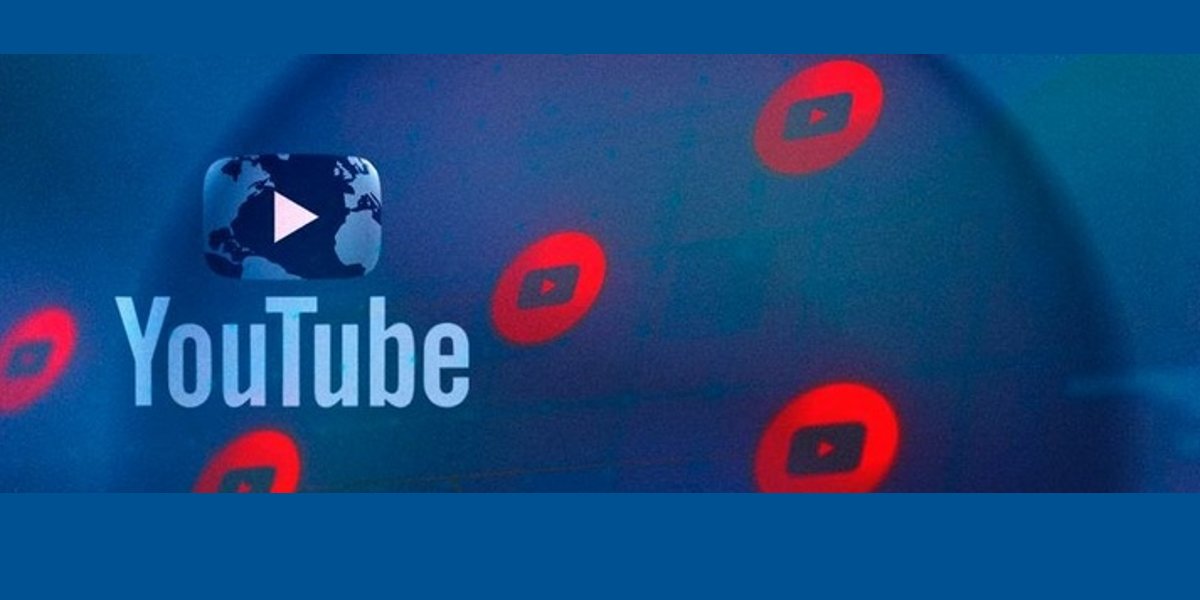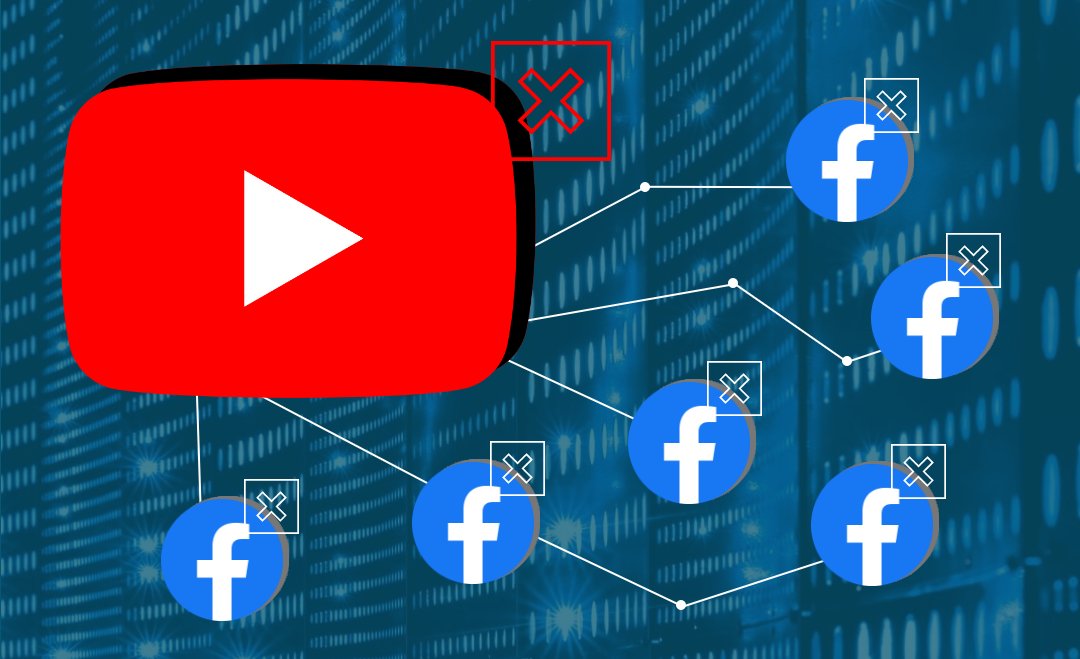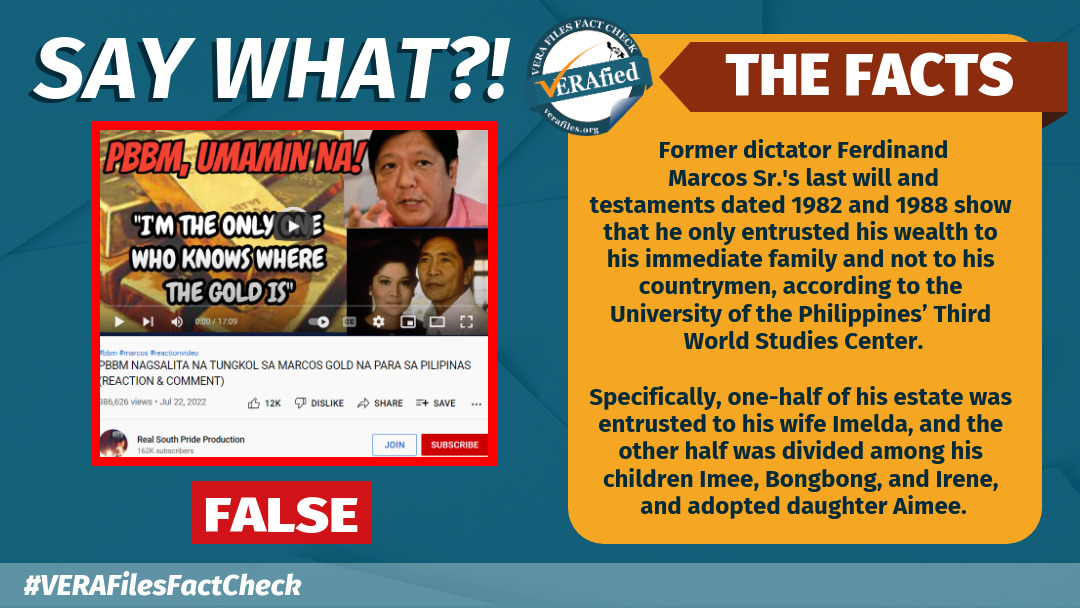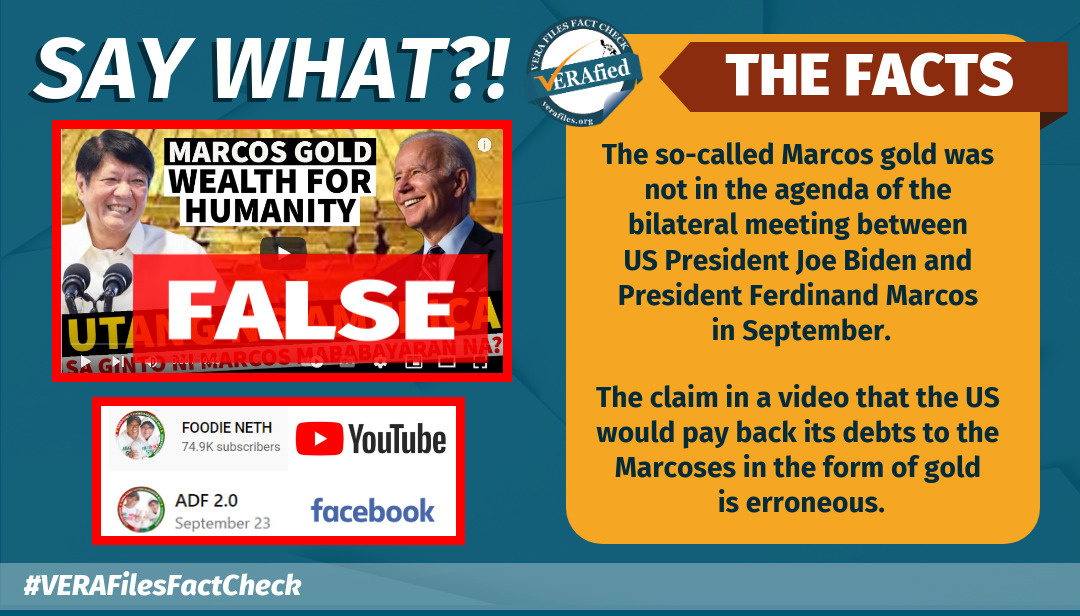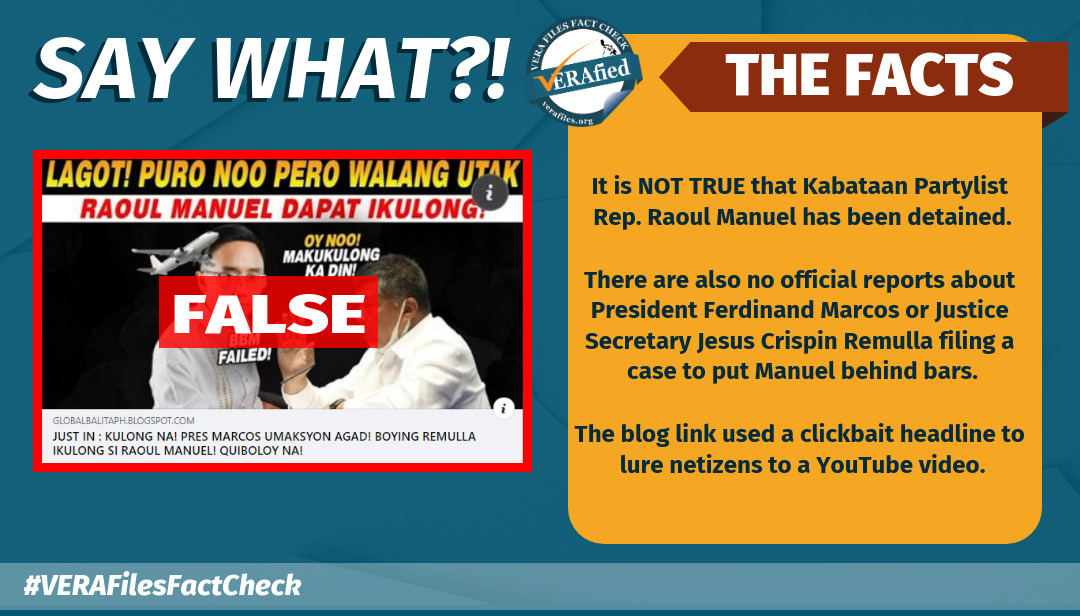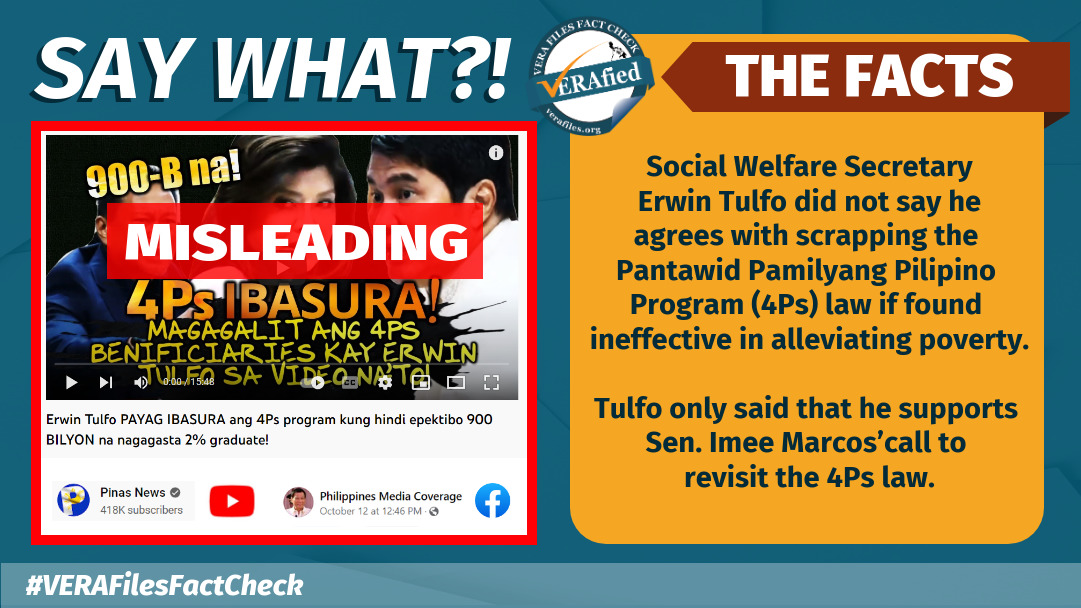Fact checkers, who are at the frontlines in debunking online mis- and disinformation, underscored the need for YouTube to take “effective action” against lies being peddled in its platform.
“YouTube is allowing its platform to be weaponized by unscrupulous actors to manipulate and exploit others, and to organize and fundraise themselves. Current measures are proving insufficient,” read a Jan. 12 open letter addressed to Susan Wojcicki, chief executive officer of the online video sharing and social media platform.
Over 80 fact-checking organizations, including VERA Files, authored and signed the letter, outlining a roadmap of policy and product interventions “to improve the information ecosystem” and eventually, reduce the dissemination of misinformation on YouTube.
In August this year, Neal Mohan, YouTube’s chief product officer, wrote in a blog tackling misinformation that the company supports “an open platform” that strikes a “sensible balance between freedom of speech and freedom of reach.”
“One person’s misinfo[rmation] is often another person’s deeply held belief, including perspectives that are provocative, potentially offensive, or even in some cases, include information that may not pass a fact checker’s scrutiny,” Mohan said.
He argued that “removals are a blunt instrument, and if used too widely, can send a message that controversial ideas are unacceptable.”
While fact checkers recognize YouTube’s efforts to address the problem of disinformation, they stressed that these are “not working nor has YouTube produced any quality data to prove their effectiveness.”
“YouTube is avoiding the possibility of doing what has been proven to work: our experience as fact-checkers together with academic evidence tells us that surfacing fact-checked information is more effective than deleting content,” they noted.
In the Philippines, VERA Files fact-checked more than 30 videos sourced from YouTube in 2021 alone. This includes those that promote unproven cures against COVID-19, attempt to revise history on the Marcos dictatorship, and others that spread falsehoods ahead of the 2022 elections.
A similar trend has been observed by fact checkers around the world, such as Brazil, Taiwan, and Germany.
Fact checkers emphasized that, “Many of those videos and channels remain online today, and they all went under the radar of YouTube’s policies, especially in non-English speaking countries and the Global South.”
“Given that a large proportion of views on YouTube come from its own recommendation algorithm, YouTube should also make sure it does not actively promote disinformation to its users or recommend content coming from unreliable channels,” they added.
Read the full letter here:
An Open Letter to YouTube’s CEO From the World’s Fact-checkers (with Filipino version) by VERA Files on Scribd
